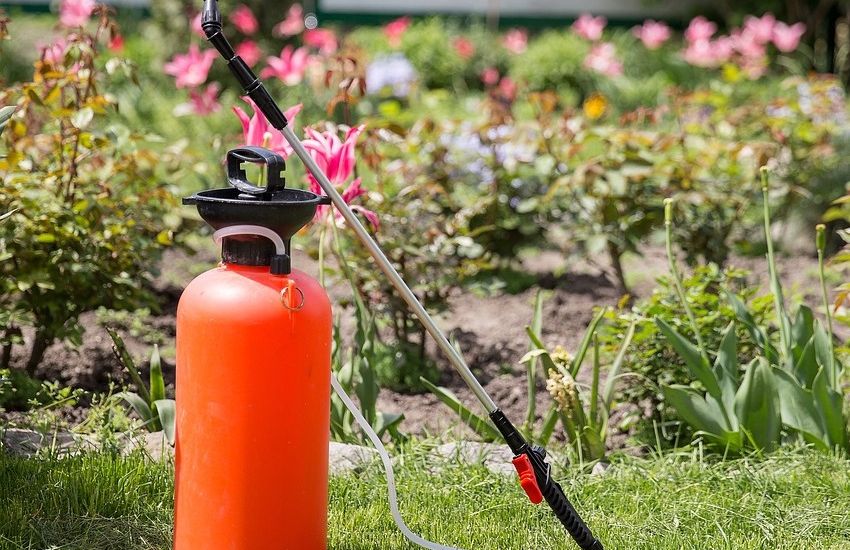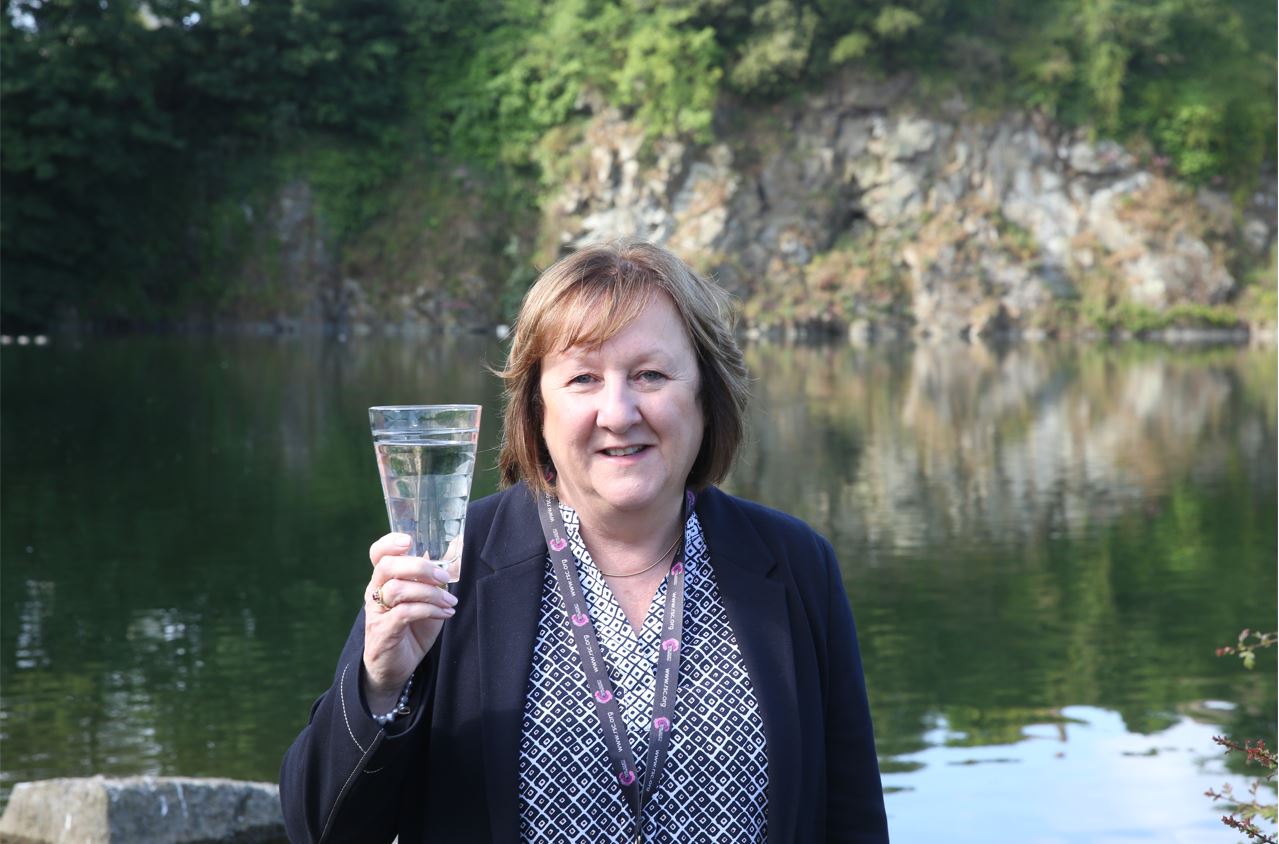


Pesticide pollution means that millions of litres of water is being diverted to the sea each year.
In the first three months of 2023, 58 pesticide detections were identified in the island’s streams excluding glyphosate, this included the detection of one pesticide that had not been found in 17 years.
Guernsey Water is asking islanders to avoid using pesticides wherever possible
Margaret McGuinness, water quality risk manager at Guernsey Water, said: “Glyphosate has been under the spotlight recently because it is now banned from use in most situations. However, that does not mean we should simply use other pesticides, without any thought to their effects."

Pictured: Margaret McGuinness
“With more severe droughts predicted for the future, the fact we are having to divert millions of litres of water to sea to safeguard the island’s water supply is significant and concerning," continued Ms McGuinness.
“Guernsey’s drinking water quality continues to be excellent, and our treatment processes can manage the current levels of pesticides. We protect drinking water quality by monitoring and carefully selecting which streams we collect water from and blending it in our reservoirs. If the level of pesticides in a stream becomes a concern we divert it away from our reservoirs, so we are asking islanders to reconsider their use of pesticides to help us collect more water and protect the island from drought.”
Traces of herbicides and insecticides are regularly detected in raw water samples. These chemicals are believed to have been released into the environment through both commercial and domestic use in gardens.
Use on driveways, paved areas and near to streams presents a particular problem, as applications can quickly wash away into watercourses when it rains.
The raw water treatment process is not designed to remove the chemicals currently being detected, but they can be managed through a combination of diversion and blending. However, if levels rise, significant investment could be required in the island’s water treatment works, which would increase customer bills.
Last year around 250 million litres of water from the Vale Pond water catchment could not be collected due to pesticide levels. These levels have reduced, so this catchment area is being collected again.
Guernsey Water wants businesses to consider whether they can reduce their use of chemicals and prevent them from getting into streams by following a code of practice.
Households wishing to dispose of pesticides can take them to the Longue Hougue household waste & recycling centre, where they will be accepted free of charge.
More information for both domestic and commercial users is available at gov.gg/gardenchemicals.
Comments
Comments on this story express the views of the commentator only, not Bailiwick Publishing. We are unable to guarantee the accuracy of any of those comments.